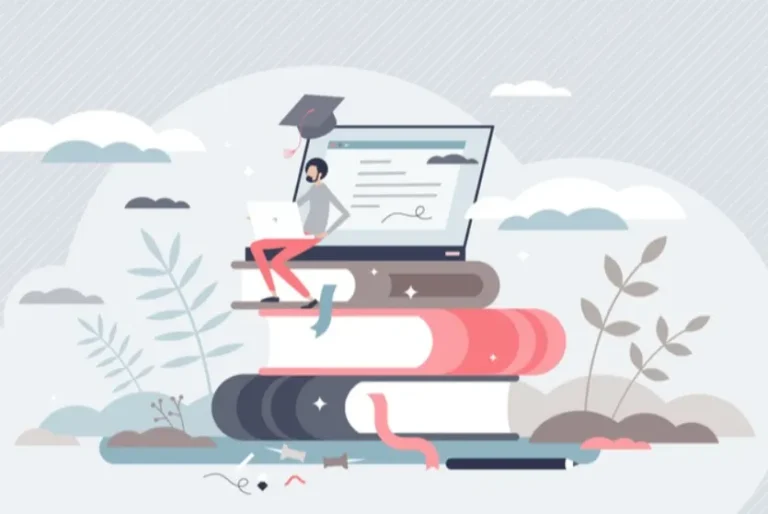In today’s fast-paced, ever-evolving world, the landscape of education has transformed dramatically. Central to this transformation is the abundance and accessibility of educational resources. These resources play a critical role in enhancing the learning experience, supporting educators, and providing students with the tools they need to succeed. This article delves into the significance of educational resources, their various types, and their impact on modern learning.
Understanding Educational Resources
Educational resources encompass a broad range of materials and tools used to support teaching and learning. These can be classified into several categories:
- Textual Resources: Books, journals, and articles that provide foundational knowledge and advanced insights into various subjects.
- Digital Resources: E-books, online courses, educational websites, and multimedia content that leverage technology to facilitate learning.
- Interactive Resources: Educational software, apps, and games designed to engage students actively in the learning process.
- Human Resources: Teachers, mentors, tutors, and guest speakers who bring expertise and real-world experience into the classroom.
- Physical Resources: Classroom supplies, laboratory equipment, and learning kits that provide hands-on learning experiences.
The Role of Educational Resources in Enhancing Learning
- Accessibility and Inclusivity: Digital educational resources have democratized access to information, allowing students from diverse backgrounds and geographical locations to learn at their own pace and convenience. This inclusivity ensures that education is not limited by socio-economic barriers.
- Engagement and Motivation: Interactive and multimedia resources make learning more engaging and enjoyable. Gamified learning apps, virtual labs, and interactive simulations captivate students’ attention, fostering a love for learning and improving retention rates.
- Personalized Learning: Adaptive learning technologies use data analytics to tailor educational content to individual student needs, strengths, and weaknesses. This personalized approach ensures that students receive the support they need to excel.
- Resource for Educators: Teachers can enhance their instructional strategies by incorporating diverse educational resources. Online platforms provide lesson plans, teaching guides, and professional development opportunities, enabling educators to stay updated with the latest pedagogical trends.
- Collaboration and Communication: Online forums, collaborative tools, and social media platforms allow students and teachers to communicate and collaborate beyond the classroom. This fosters a sense of community and encourages the exchange of ideas and knowledge.
Challenges and Considerations
Despite the numerous benefits, there are challenges associated with the use of educational resources:
- Digital Divide: Not all students have equal access to digital devices and internet connectivity, which can exacerbate educational inequalities.
- Quality Assurance: The abundance of online resources necessitates a critical evaluation of their quality and credibility. Educators must ensure that the materials they use are accurate and reliable.
- Teacher Training: Effective integration of educational resources requires teachers to be proficient in using technology and digital tools. Ongoing professional development is essential to equip educators with the necessary skills.
The Future of Educational Resources
The future of educational resources looks promising, with advancements in technology continuing to shape the way we learn. Virtual and augmented reality, artificial intelligence, and machine learning are set to revolutionize educational content delivery and interaction. These innovations will further enhance personalized learning, making education more adaptive and responsive to individual needs.
Moreover, the emphasis on open educational resources (OER) – freely accessible, openly licensed materials – is growing. OER initiatives aim to reduce costs and expand access to high-quality educational content, promoting equity in education.
Conclusion
Educational resources are indispensable in the modern learning environment. They not only enrich the learning experience but also empower educators and students alike. As we navigate the challenges and embrace the opportunities presented by these resources, we pave the way for a more inclusive, engaging, and effective education system. By leveraging the power of educational resources, we can ensure that every learner has the opportunity to achieve their full potential.
